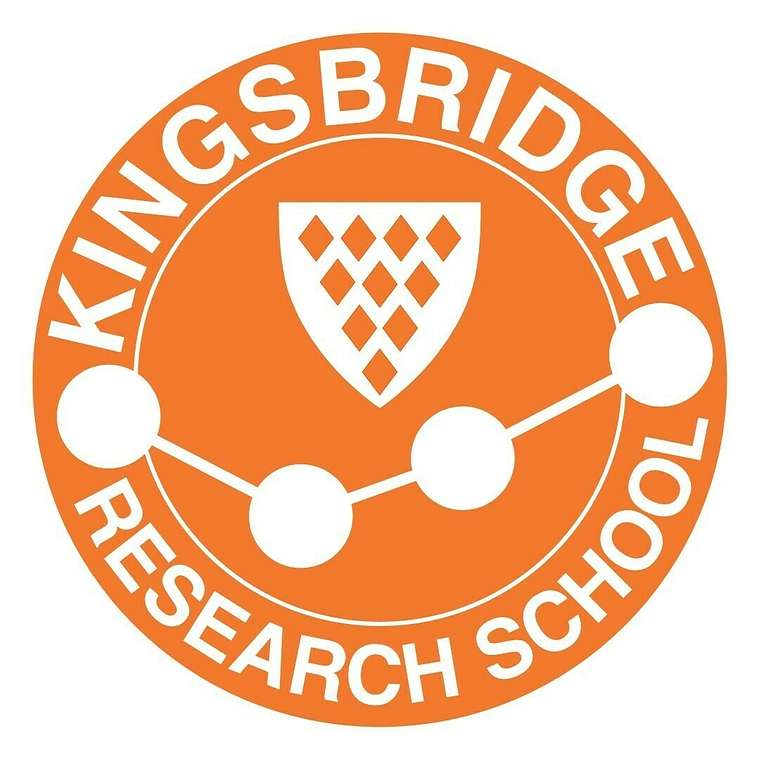Key guidance report

Guidance Reports
Effective Professional Development
When pupils are in school, their experience should be inclusive, positive and supportive of their long-term academic attainment and personal development. It may be that an aspect of universal provision could be improved for all pupils, which might support the attendance of those with more barriers to learning. There are many areas within our guidance reports that will be useful in different contexts, but it may be worth attending to two areas in particular when considering teacher professional development:
- Explicit teaching of learning behaviours, academic and behaviour routines, social and emotional skills and metacognitive strategies.
- High quality teaching based on the principles of scaffolding, modelling, adaptive teaching, flexible grouping, cognitive and metacognitive strategies, explicit instruction and using technology to support pupils with SEN.
Reflection and planning
Refer to the questions in the reflection tool to support your thinking and planning.
Supporting school attendance reflection and planning tool
Uploaded: • 2.4 MB - pdfFurther reading and sharing practice

Blog
EEF blog: Moving from ‘differentiation’ to ‘adaptive teaching’


Huntington Research School
Adaptive Teaching

Dixons OpenSource
Improving Attendance: our approaches

Blog
EEF blog: ‘Five-a-day’ to improve SEND outcomes


Evidence and resources
1. Build a holistic understanding of pupils and families, and diagnose specific needs

Evidence and resources
2. Build a culture of community and belonging for pupils

Evidence and resources
3. Communicate effectively with families

Evidence and resources
5. Deliver targeted interventions to supplement universal provision

Evidence and resources